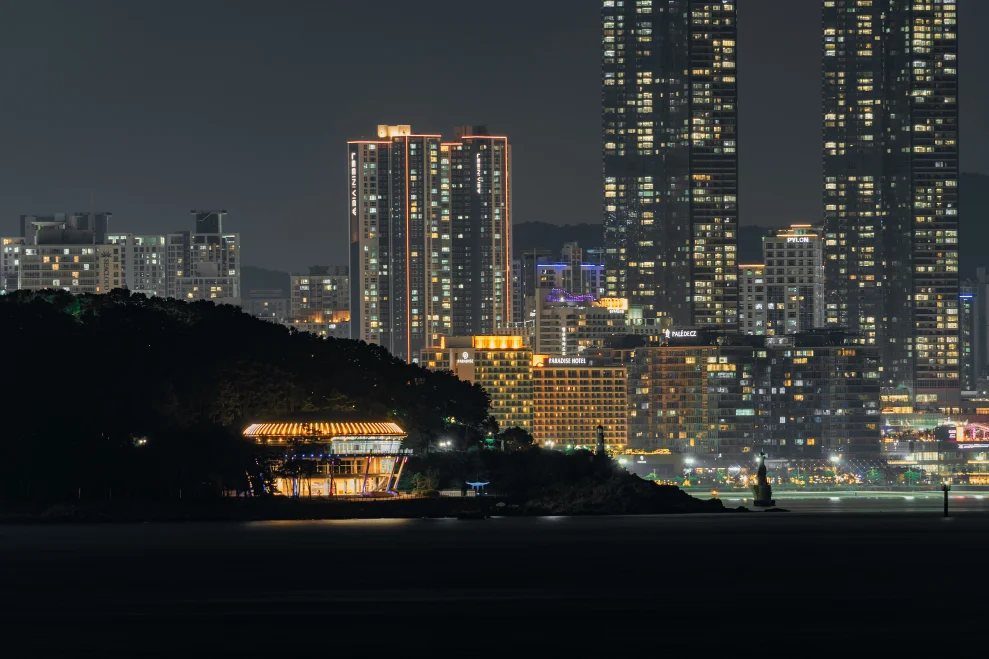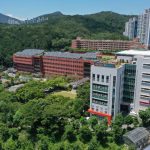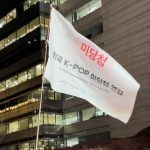Busan, South Korea – Busan Mertropolitan City has secured ₩9.63 trillion in national funding for 2025, a significant boost of ₩400 billion (4.3%) from the previous year. This ambitious funding package empowers the city to embark on transformative projects designed to reshape its infrastructure, drive technological advancements, and amplify its cultural and economic profile. The scale of these initiatives illustrates Busan’s ambition to become a global powerhouse for logistics, innovation, and sustainable urban development.
Central to this transformative vision is the Gadeokdo New Airport project, carrying a budget of ₩9,640 billion. Envisioned as a gateway to Northeast Asia, the airport is set to enhance global connectivity and solidify Busan’s role as a pivotal logistics hub. While the project promises significant economic dividends, it has also drawn scrutiny from environmental groups concerned about potential disruptions to marine ecosystems, underscoring the need for careful ecological management.
In parallel, Busan is channeling substantial resources into infrastructure upgrades that aim to improve urban mobility and regional connectivity. Investments in Nakdonggang River bridges, subway extensions, and expressway expansions are projected to alleviate congestion and support the city’s growing population. However, critics have raised questions about the environmental consequences of such large-scale construction, particularly regarding its impact on the Nakdong River’s delicate ecosystems.
Busan is also positioning itself as a leader in technology and innovation. The development of a blockchain-specialized cluster is set to attract global talent and investment, bolstering the city’s reputation as a hub for digital innovation. Other cutting-edge projects, such as the Marine Mobility Global Innovation Zone and the Small Modular Reactor Auxiliary Equipment Center, highlight Busan’s commitment to advancing maritime technology and clean energy solutions. Meanwhile, Power Semiconductor Valley and next-generation vehicle platforms underscore the city’s determination to secure a foothold in future-focused industries. While these initiatives reflect forward-thinking strategies, they also come with challenges, including fierce global competition and the unpredictability of technology markets.
Busan’s cultural and tourism strategy is another key pillar of its growth agenda. The city aims to host high-profile cultural events, such as the Asia Content & Film Market and the International Children’s Book Fair, to cement its status as a hub for creativity and cultural exchange. In addition, eco-tourism projects like the Nakdonggang Sunset Hwamyung Eco Park and Gijang Ocean Blue Rail are tailored to appeal to environmentally conscious travelers, blending leisure with sustainability. However, some observers caution that an overdependence on tourism could leave the city vulnerable to global economic fluctuations and unexpected crises.
Efforts to improve public welfare are equally prominent in Busan’s 2025 development blueprint. A new children’s hospital will address critical healthcare gaps, while enhanced disaster risk management systems and sustainable waste management facilities aim to safeguard the city’s environment and its residents. Upgrades to water supply and sewage infrastructure demonstrate Busan’s commitment to providing reliable, essential services to its communities.
Meanwhile, Busan is ensuring that traditional industries remain integral to its identity. The modernization of its iconic fish markets and the establishment of a seafood industry cluster aim to enhance the competitiveness of its maritime heritage. Similarly, digital transformations in the ship supply industry reflect the city’s efforts to integrate traditional sectors with modern technological advancements.
The extensive scope of Busan’s 2025 agenda stands as a reflection of the collaborative efforts between city officials and the national government. Proactive lobbying and strategic planning have secured the resources necessary to bring these transformative projects to life. Yet, the city’s ambitions have also invited scrutiny. Concerns about bureaucratic delays, long-term financial sustainability, and equitable distribution of benefits persist, adding complexity to Busan’s development narrative.
As the city moves forward, its resolve remains steadfast. Additional projects, such as the Sajik Baseball Stadium reconstruction and the second Daeti Tunnel, highlight Busan’s commitment to ongoing urban revitalization.
“With the secured funding, we will ensure the smooth implementation of next year’s key projects,” a representative from Busan’s planning division emphasized. “We will also strengthen collaboration with the central government and related institutions, focusing all efforts on delivering tangible results that resonate with citizens.”
As these initiatives unfold, Busan is not just reshaping its skyline—it is redefining its future. The city’s strategic vision positions it as a model for sustainable, inclusive, and forward-looking urban transformation on a global scale.



